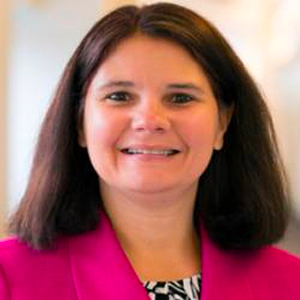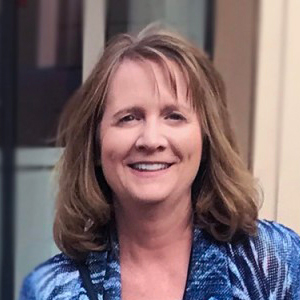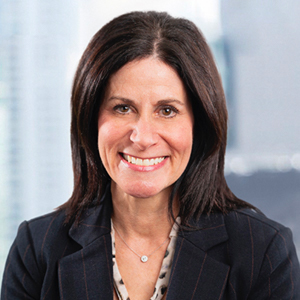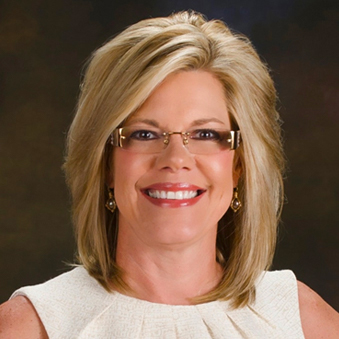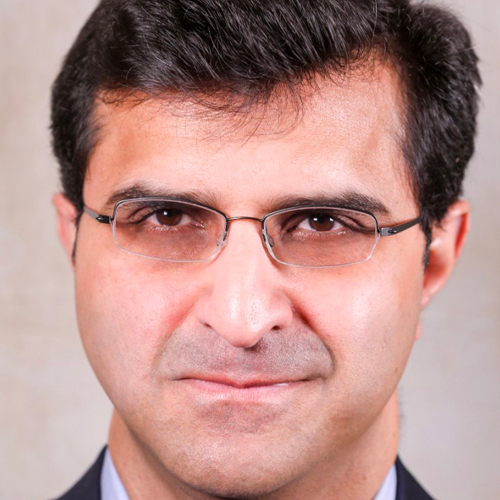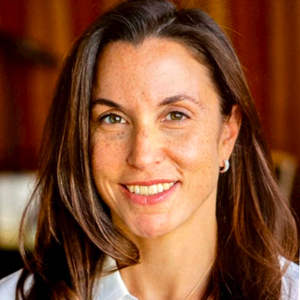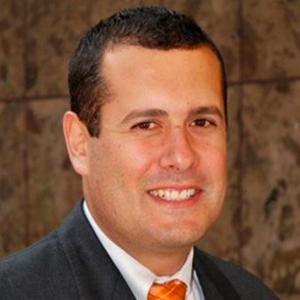Events of 2020 have dramatically reshaped the retirement landscape both for individuals and the ecosystem supporting it. Even before COVID-19 washed across our country, interest rates had started to sharply decline. Since then, the pandemic created incredible stress on a number of sectors of our economies, threatened near-retirees with earlier than planned retirement, and frightened people living on fixed incomes. Agents and advisors who built their practices around in-person meetings, seminars, and events suddenly fell out of work. Carriers and other providers of services struggled to generate revenue and maintain margins.
Fortunately, this too shall pass. Though the virus has returned with a vengeance this fall, a number of vaccines and therapy treatments promise to make 2021 a better year. Even in the middle of a bitter election battle, Congress has managed to pass a number of bills that provide economic relief and open the door for more retirement planning options. Despite lower sales and ever lower interest rates, the insurance industry appears to have stabilized. And a select number of advisors have demonstrated that we can engage, educate, and help retirees plan for retirement in a digital, remote manner.
Forum 1 - Funding Innovation in Retirement Planning
November 18, 2020 | 11:00 am – 12:30 pm ET
Over the last five years, the insurance industry has rapidly embraced Insurtech opportunities. Carriers have launched innovation groups, established strategic VC funds, and partnered directly with VCs to accelerate the change. However, declining interest rates and margins have caused many to reexamine where they have placed bets. Given the massive changes in consumer behaviors and expectations where should investment dollars go next year to create the retirement planning future?
Forum 2 - Building a Vision of a Better Future Self in a Very Stressed World
December 2, 2020 | 3:00 – 4:30 pm ET
We know from the study of behavioral finance that if we help individuals create a positive vision of their future selves, they will be more likely to start saving today. In a post-COVID world, what changes? Traveling on a cruise ship every year sounded like a great second chapter in life. Spending your last 20 years in an active senior community with common facilities and great care may have been a dream. Creating new positive visions for retirement proves challenging in a social distant environment using conventional approaches. Can digital engagement bridge that divide?
Forum 3 - Getting Seniors to Know, Like and Trust Us in a Virtual World
December 9, 2020 | 3:00 – 4:30 pm ET
Prior to the pandemic, seniors proved to be the highest growing user segment for Facebook. As a result of the pandemic, they now know how to use a variety of video conference tools like Zoom and FaceTime. They search the Internet aggressively to learn more about our products than sometimes we do. How will this allow carriers to cultivate customers and agents and advisors to serve more clients?
Forum 4 - Delivering Products of the Future for the Next Generation of Retirees
December 15, 2020 | 3:00 – 4:30 pm ET
New retirement product development opportunities will clearly emerge as we emerge from the pandemic. We expect that all products will need to factor in an extended periods of very low interest rates and still deliver value. Demand should, however, increase. Consumers will clearly understand and appreciate the importance of guarantees more than they did prior to February 2020. Will the SECURE Act combined with deployment of new technology and services finally cause greater demand for annuities in the workplace?
Forum 5 - Creating Online Security for Seniors and Their Savings
December 16, 2020 | 3:00 – 4:30 pm ET
Since March 2020, seniors have quickly grown comfortable shopping online. They have learned how to connect with family, church, and community via web calls. And they now research retirement products like never before. However, how to keep their confidence on the web? Yes, we need to be vigilant to protect their accounts through cyber security. How can we help seniors become even more digitally- savvy and protect their accounts from cyber criminals?
 NASSAU REIMAGINE
NASSAU REIMAGINE




